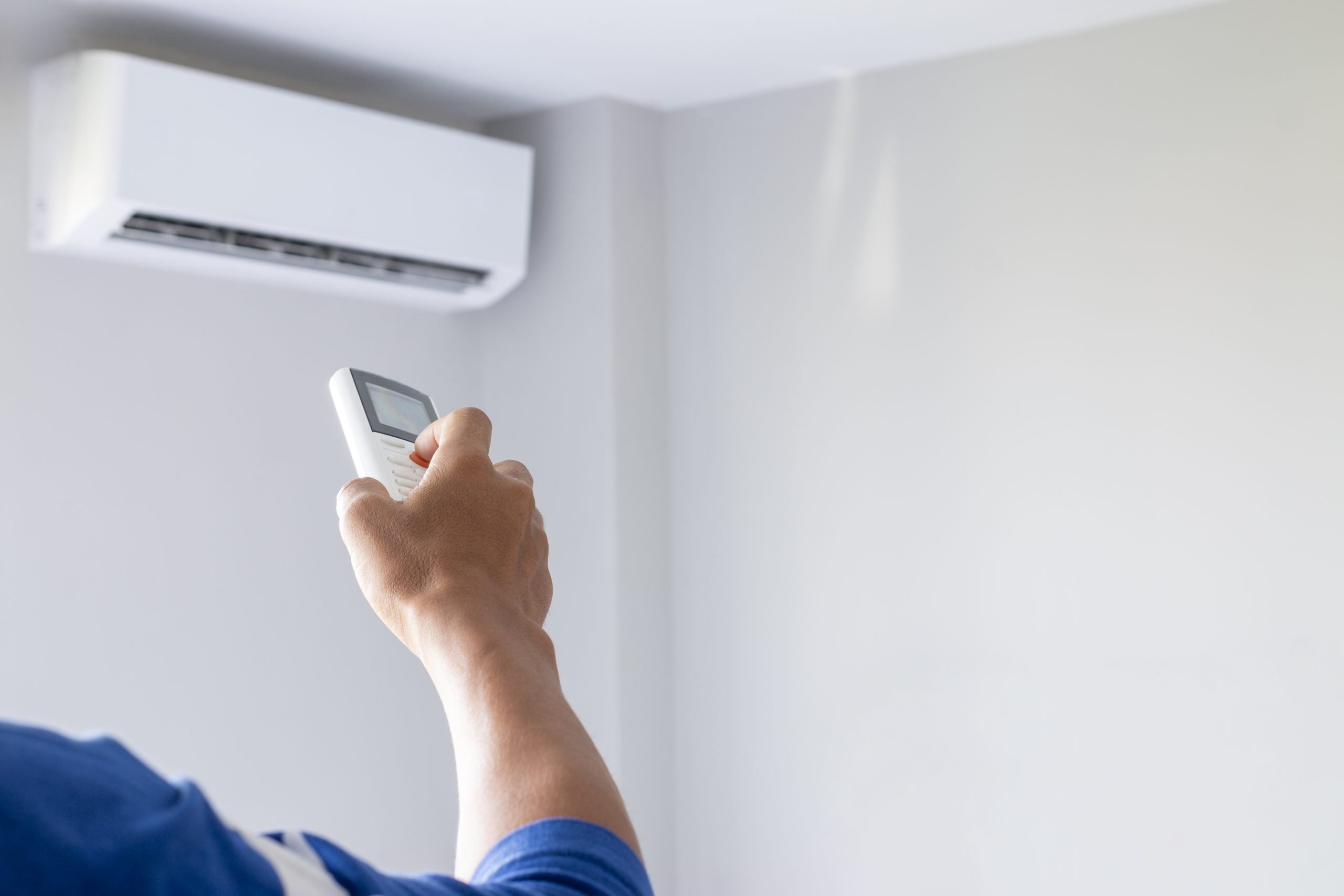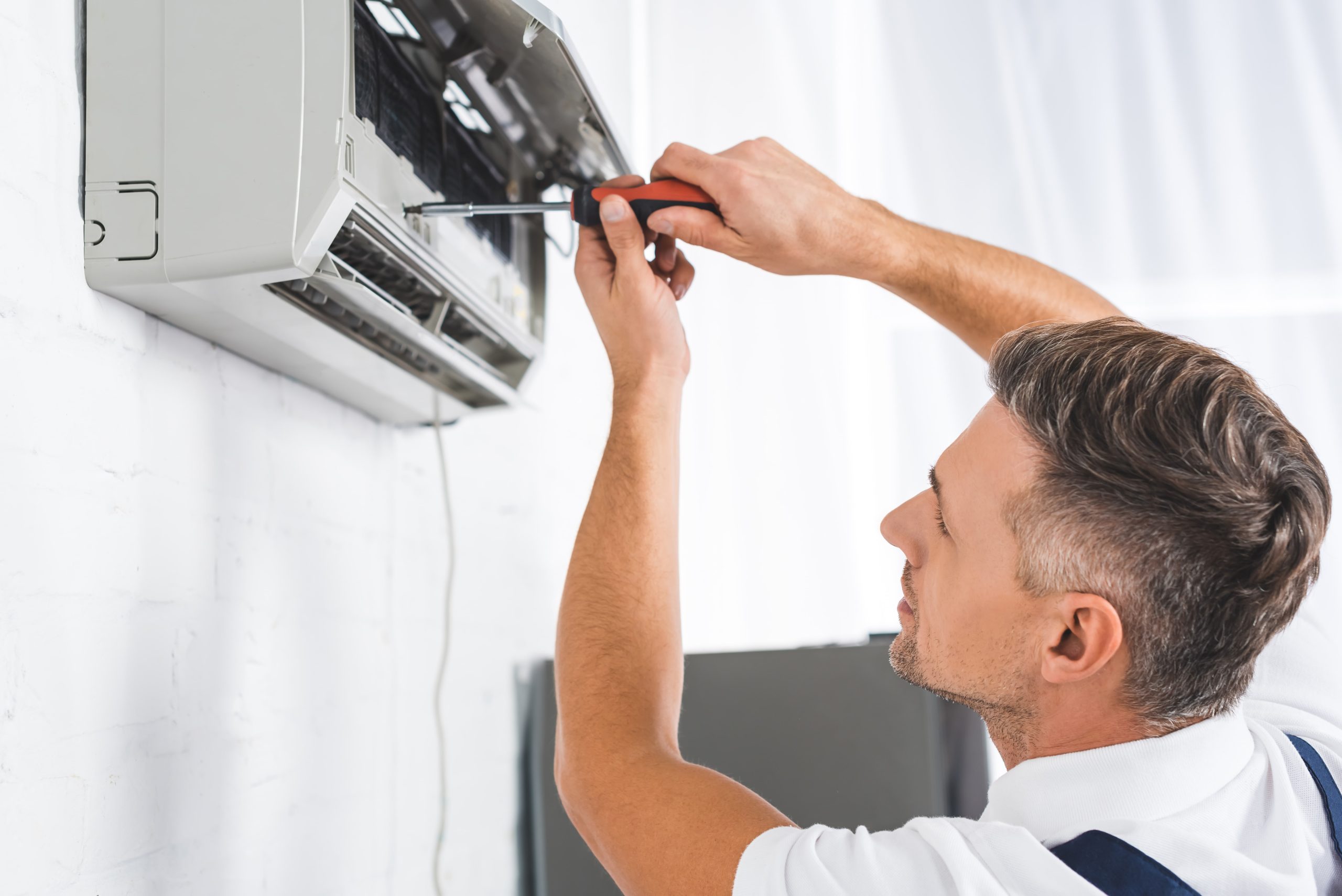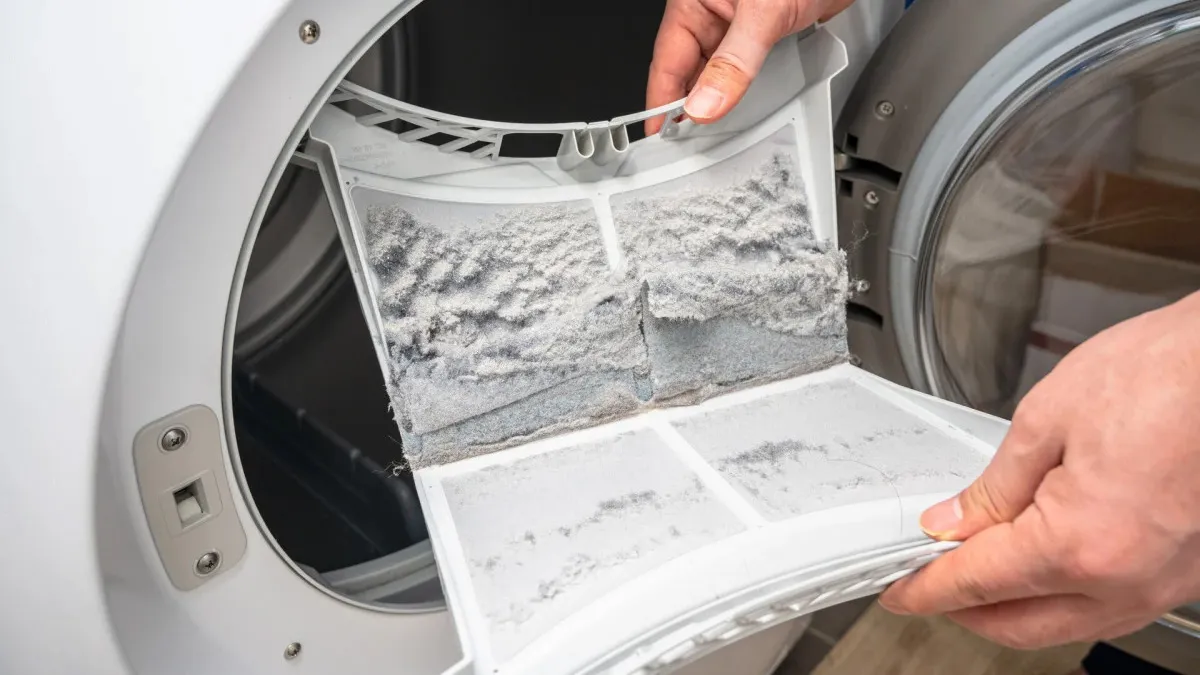Air conditioners (ACs) have become essential appliances for maintaining comfort, especially during hot and humid months. A well-functioning AC cools your living or working space, improves air quality, and helps you stay productive and comfortable. But like any machine, air conditioners don’t last forever without occasional problems. Knowing when to have your air conditioner repaired is key to avoiding bigger issues, higher energy bills, and uncomfortable living conditions.
In this blog, we’ll explore the common signs that indicate it’s time to call a professional for AC repair. We’ll also explain why timely repairs matter and how regular maintenance can save you money and stress in the long run.
Why Timely AC Repairs Matter
Your air conditioner works hard to keep your environment cool, often running for many hours every day in summer. Ignoring repair needs can lead to:
- Increased energy consumption: A malfunctioning AC has to work harder to cool your space, leading to higher utility bills.
- More severe damage: Small problems can quickly turn into costly breakdowns if left unaddressed.
- Reduced comfort: If your AC isn’t cooling properly, your indoor space can become uncomfortably warm or humid.
- Health issues: A poorly maintained AC can spread dust, mold, or allergens if filters or coils are dirty or damaged.
- Shorter lifespan: Regular repairs help extend the life of your AC unit.
Addressing issues as soon as they arise is always better than waiting until your AC completely stops working.
Common Signs Your Air Conditioner Needs Repair
1. Insufficient Cooling or No Cooling at All
If your AC runs but doesn’t cool the room effectively or stops cooling entirely, this is a clear sign of trouble. Possible causes include:
- Low refrigerant levels due to leaks.
- Dirty or clogged air filters restricting airflow.
- Faulty compressor or fan motor.
- Thermostat problems.
If your home isn’t reaching the temperature you set, call a technician to diagnose and fix the issue.
2. Strange Noises Coming From the Unit
Unusual sounds are a warning sign that something is wrong inside your AC. Common noises include:
- Grinding or squealing: Could indicate worn-out motor bearings or belts.
- Banging or rattling: Loose or broken parts inside the unit.
- Hissing: Refrigerant leaks.
- Clicking: Electrical issues or failing components.
Any new or loud noises should be inspected immediately to prevent further damage.
3. Foul or Musty Odors
An AC should blow clean, fresh air. If you notice unpleasant smells such as moldy, burning, or chemical odors, it means there’s a problem:
- Mold or mildew growth inside the ducts or unit due to moisture buildup.
- Burnt electrical components or wiring.
- Refrigerant leaks causing chemical smells.
Persistent bad odors require professional cleaning or repairs.
4. Water Leaks or Excess Moisture Around the Unit
Water pooling around your AC or dripping inside your home isn’t normal. Causes include:
- Blocked or broken condensate drain line.
- Frozen evaporator coils melting and dripping water.
- Improper installation or damaged seals.
Leaks can cause water damage to your property and should be fixed promptly.
5. Frequent Cycling On and Off
If your AC turns on and off too frequently (called short cycling), it can indicate issues such as:
- Oversized or undersized unit.
- Thermostat malfunction.
- Refrigerant problems.
- Electrical issues.
Short cycling wastes energy and wears out the system faster.
6. Increased Energy Bills Without Usage Changes
A sudden spike in your electricity bills without a change in your AC usage often means the unit is working harder than necessary. Causes include dirty filters, blocked vents, or failing components that reduce efficiency.
7. Poor Airflow From Vents
If you notice weak airflow or inconsistent cooling throughout your home, check for:
- Dirty or clogged air filters.
- Blocked or leaking ducts.
- Faulty blower fan or motor.
Low airflow not only reduces comfort but strains your AC.
8. Thermostat Issues
If the thermostat isn’t accurately reading the temperature or controlling the AC properly, your unit may run at wrong times or not at all. Sometimes replacing or recalibrating the thermostat is necessary.
When Should You Call a Professional?
If you experience any of the above signs, it’s time to schedule a repair service. Even if the issue seems minor, a professional technician can:
- Diagnose the root cause using specialized tools.
- Perform safe and effective repairs.
- Recharge refrigerant safely if needed.
- Check for hidden problems before they worsen.
- Provide maintenance tips to prevent future breakdowns.
Waiting too long to call for repairs can lead to emergency breakdowns during the hottest days, costing you comfort and money.
Preventive Tips to Avoid Frequent Repairs
While some problems are unavoidable, regular maintenance helps reduce the need for repairs.
Regular Filter Cleaning and Replacement
Dirty filters reduce airflow and put stress on your AC. Clean or replace filters every 1 to 3 months depending on use.
Annual Professional Maintenance
A yearly tune-up by a licensed technician will:
- Clean coils and drains.
- Inspect electrical components.
- Test refrigerant levels.
- Lubricate moving parts.
This helps catch minor issues early and keeps your AC efficient.
Keep Outdoor Unit Clean and Clear
Clear leaves, dirt, and debris around your outdoor condenser unit. Trim plants and avoid placing objects too close to the unit to ensure proper airflow.
Use a Programmable Thermostat
Setting your thermostat to adjust temperatures when you’re away saves energy and reduces wear on your system.
When Is It Better to Replace Your AC Instead of Repairing?
Sometimes, repairs aren’t cost-effective. Consider replacing your air conditioner if:
- Your AC is more than 10-15 years old.
- Repair costs are more than 50% of a new unit’s price.
- The unit has frequent breakdowns.
- You want improved energy efficiency and performance.
A new AC with modern technology can save money on energy bills and provide more reliable comfort.
Knowing when to have your air conditioner repaired can save you from unexpected breakdowns, high bills, and discomfort. Watch out for signs like poor cooling, strange noises, water leaks, and unusual smells. Don’t ignore warning signals, and call a professional technician promptly for inspections and repairs.
Remember, regular maintenance is the best way to keep your AC running efficiently and avoid costly repairs. With proper care, your air conditioner will serve you well for many cooling seasons.
Stay cool and comfortable by paying attention to your AC’s health!



